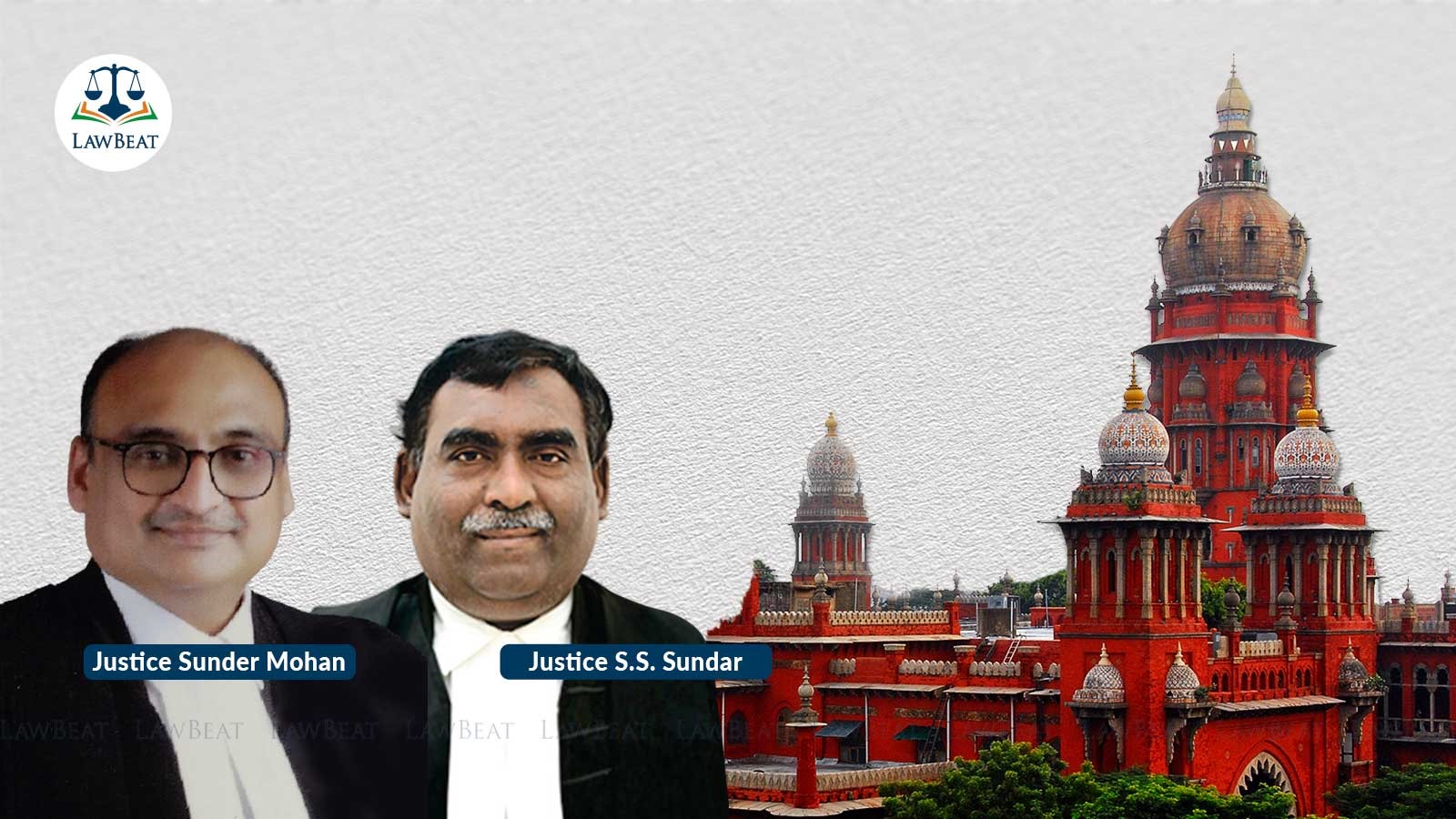'Fishing Expedition' without proceeds of crime: Madras HC stays ED summons to district collectors in sand mining case

Court held that it was prima facie convinced that without identifying the proceeds of crime, the ED was trying to fish out the possible commission of offence under the schedule
The Madras High Court has ordered an interim stay of operation of the summons issued by the Enforcement Directorate (ED) to five District Collectors in Tamil Nadu in an alleged money laundering case related to sand mining.
It is just an attempt to investigate the possibility of identifying any proceeds of crime as a result of any criminal activity, which is not so far registered by the State agencies, the court opined while stating that the ED's summons resembled a "fishing enquiry".
"By this impugned summons, the respondent ventures into a fishing expedition to find out whether informations and evidence collected from the district administration can be processed further from other sources to find out commission of scheduled offence so that the respondent may then identify the proceeds of crime which will help them to proceed under the PMLA, 2002," the bench of Justice SS Sundar and Justice Sunder Mohan noted.
Therefore, while stating that prima facie the nature of enquiry contemplated by issuing the impugned summons was not within the jurisdiction of the ED as per Section 50 of the Prevention of Money Laundering Act, 2002 (PMLA), the bench stayed the summons.
However, it clarified that it will dispose of the main writ petitions on merits uninfluenced by any of the observations/conclusions made in the present interim relief pleas.
Accordingly, court posted the matter on December 21, 2023, for hearing of the main writ petitions.
The State Government of Tamil Nadu along with the Additional Chief Secretary to the Government, Water Resources Department, and the District Collectors of Vellore District, Trichy District, Karur District, Thanjavur District and Ariyalur District have approached the high court seeking direction to quash the summon issued to the five District Collectors, requiring their appearance to give evidence and produce records in connection with the investigation/proceedings in a PMLA case registered by ED.
The common prayer of all petitioners is for a declaration that the power of the ED so far as it relates to investigation, enquiry etc., of an offence of money laundering in relation to the predicate offence arising out of and within the territorial limits of a State, without the consent of the concerned State, is violative of basic structure of federalism and separation of powers and therefore such enquiry, investigation etc., by ED can be carried out only at the request of the State Agencies/State Government or by the directions of the Constitutional Courts.
Pending disposal of the main writ petitions, the respective District Collectors prayed for an interim stay of operation of the summons issued to them.
Senior Counsel Dushyant Dave, while challenging the constitutionality of the impugned proceedings, argued that under the garb of exercising powers under the PMLA, 2002, ED vitiated the proceedings against the District Collectors to pressurize and to demoralize the State administration with an oblique motive.
He submitted that it was a case of colourable exercise of power and by the issuance of impugned summons, the ED was indulging in usurpation of the powers of State Government and its machineries in violation of the constitutional limits prescribed.
The Assistant Director, ED filed an objection affidavit to the petitions and the Additional Solicitor General also raised a preliminary objection stating that the writ petitions were not maintainable by the State Government, as the State was not an aggrieved person in the matters.
He submitted that FIRs mentioned in the Enforcement Case Information Report (ECIR), prima facie, showed that the activities of illegal mining were happening in the State of Tamil Nadu in collusion with officials and local mafia, hand in glove, and therefore, summons were issued to the District Collectors.
At the outset, court held the writ petitions by the State Government maintainable. "Since the State Government complains about invasion into their jurisdiction, which according to them, is opposed to true federalism, they are entitled to be heard on such serious issues as person suffering legal injury," the bench held.
However, it clarified that its conclusion regarding the maintainability of the writ petition was only a prima facie view and will be subject to court's final decision on the main writ petitions after completion of further pleadings indicated by both sides.
Further, the bench stated that the authorities under the PMLA, 2002 cannot prosecute any person on notional basis or on the assumption that a scheduled offence has been committed, unless it is so registered with the jurisdictional police and such complaint is pending enquiry or trial.
Court stressed that the existence of proceeds of crime within the meaning of Section 2(1)(u) of the PMLA, 2002 is quintessential for proceedings under the Act.
In the given cases, court noted that the information gathered by the ED showed the nature of predicate offence, however, ED was claiming that the cases were registered not only for the offence or violation under the provisions of Mines and Minerals (Development and Regulation) Act, but also for the scheduled offences under the PMLA.
Court highlighted that the enquiry pertaining to the concerned District Collectors, related to the quarry sites in respect of which permission was granted in the respective districts for sand mining.
"The enquiry is not relating to any assistance required for an offence under the PMLA, 2002. From the nature of enquiry, this Court finds that the investigation of the respondent is not in relation to existing proceeds of crime, but to find out whether schedule offence has been committed in the district," court underscored.
Therefore, court held that it was prima facie convinced that without identifying the proceeds of crime, the ED was trying to fish out the possible commission of offence under the schedule.
Case Title: Case Title: State of Tamil Nadu v Enforcement Directorate and Connected Matters
